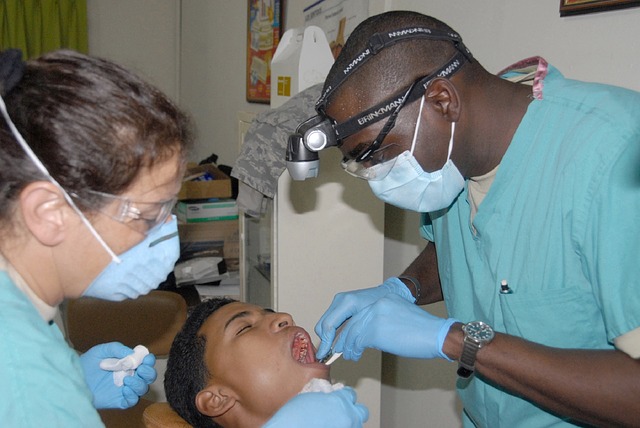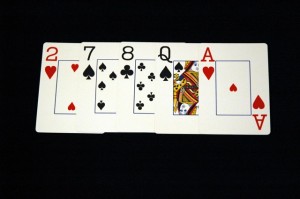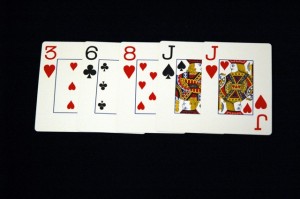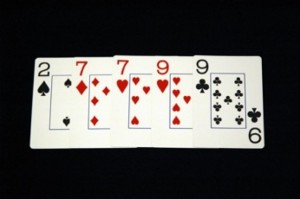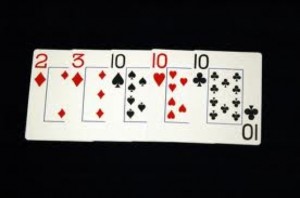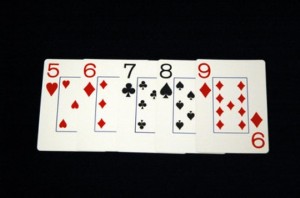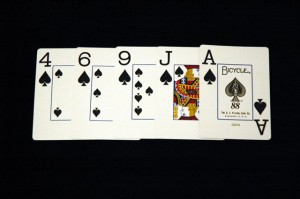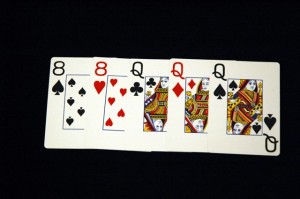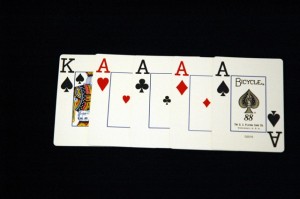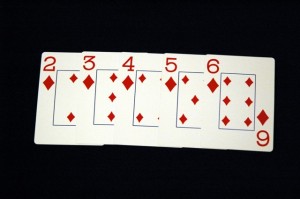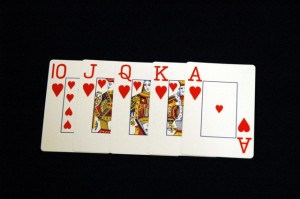Level 1 nouns – Unit 03

blouse: a girl’s or woman’s shirt.
She has a beautiful red blouse to go with that skirt.
She ripped her blouse running through the woods.
drawer: a sliding box inside a larger piece of furniture where you keep things.
He searched all his drawers but couldn’t find his favorite socks.
She keeps her knives in the top drawer to the left of the fridge.
fever: a high temperature in a body.
She’s throwing up and has a high fever. I think she has the flu.
We need to bring down his fever fast or he’ll die.
guest: someone you invite to your home or to go somewhere
We’re having a few guests over for dinner on Friday night.
Would you like to be my guest at my boss’s retirement dinner?
holiday: a day you don’t have to work.
I’m taking a holiday starting Thursday and going to my cabin.
B.C. has a new holiday called “Family Day” in the middle of February.
jacket: outside clothing you wear on your top.
I think you should put on a jacket in case it rains later.
He took his jacket off for the long hot walk home.
medicine: drugs a sick person takes into his body to make himself better.
The medicine the doctor gave her made her sleepy.
My grandmother takes medicine three times a day.
pillow: the bag of soft material you put under your head when you sleep
She sleeps with two pillows under her head.
As soon as my head hits my pillow, I’m asleep.
rainbow: an arc or colored light in the sky during or after a rain.
Did you see the beautiful rainbow yesterday after the storm?
There was a double rainbow over the city.
snack: food that you eat between your three main meals.
I like to have a snack when I get home after school.
His favorite snack is potato chips.
towel: a large cloth you use to dry water off your body.
He keeps a towel at the gym so he can take a shower.
Beach towels are larger than bath towels.
weather: the activity that comes from the sky, such as rain, snow and winds.
The weather is nice this time of year in Alaska.
We have had bad weather this whole winter.
Pronunciation Exercise: Listen and repeat the above vocabulary on the audio file below.
Use these flashcards to help you study.
When you think you’re ready, do the following exercise.
Your Score:
Your Ranking:
© 2013 Ambien Malecot
